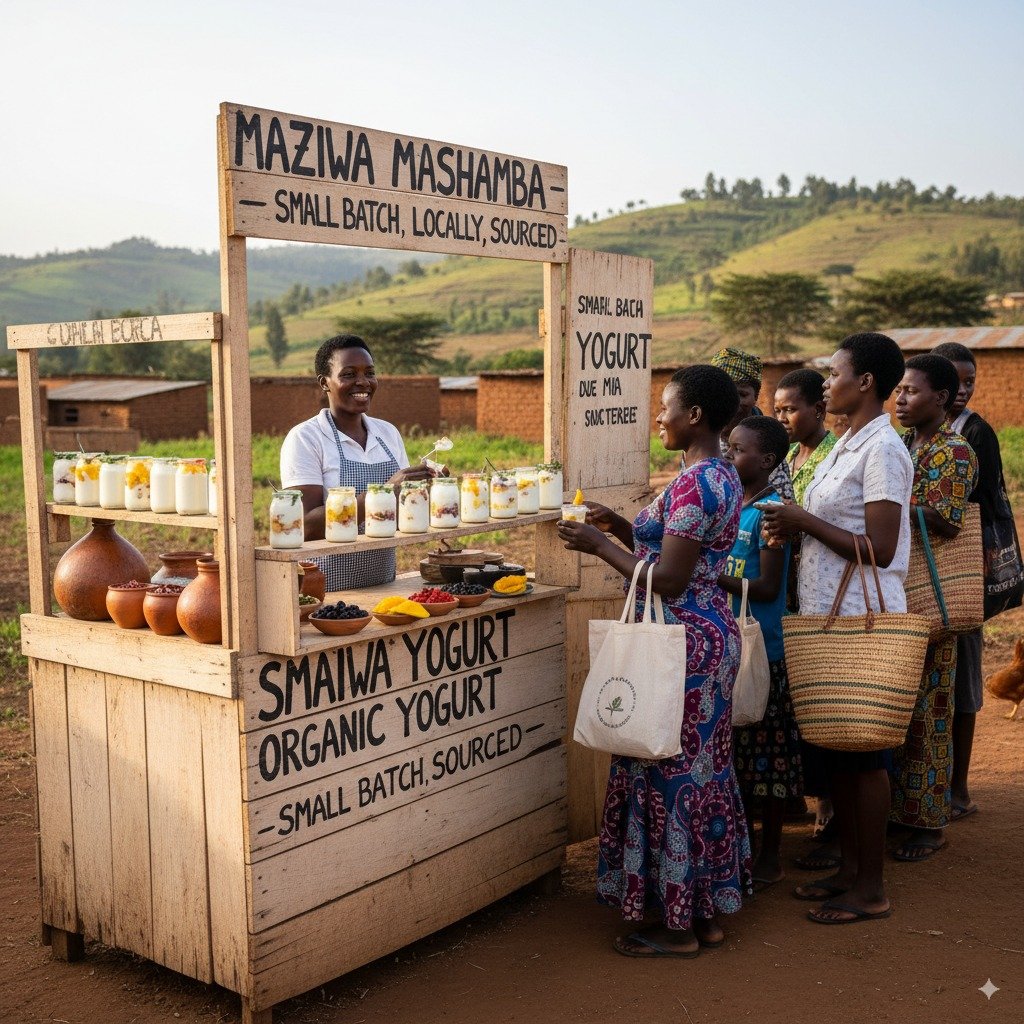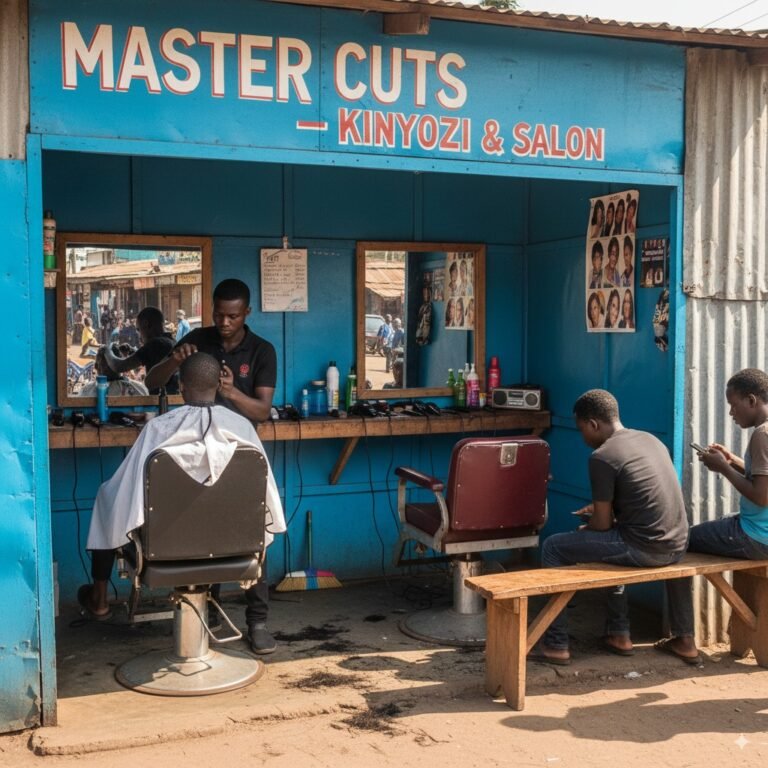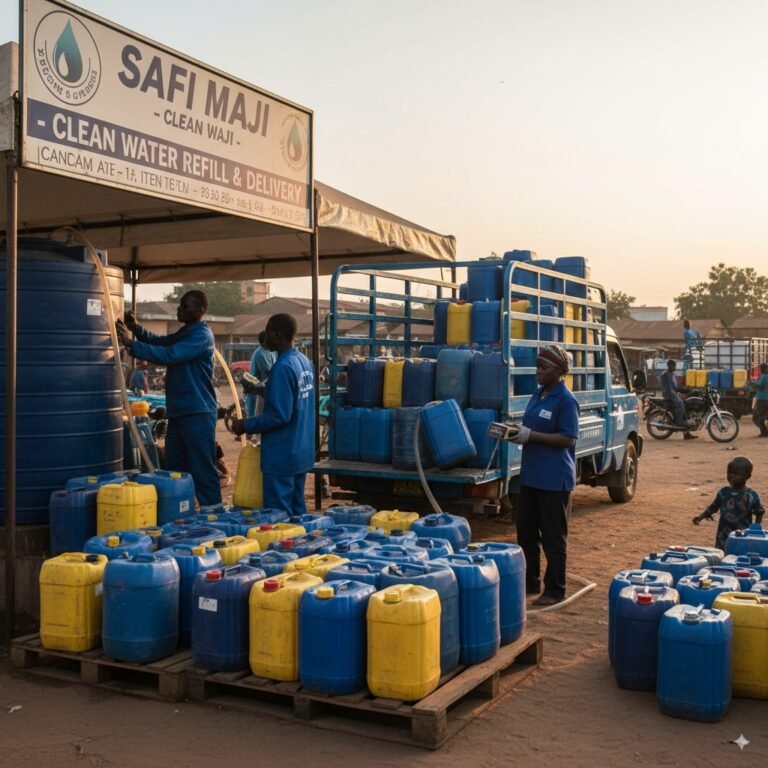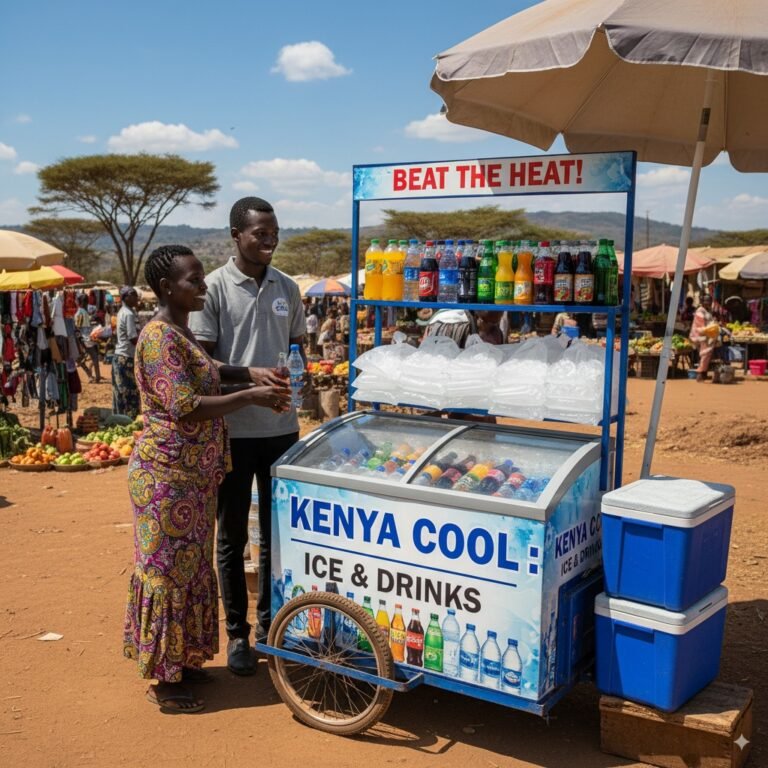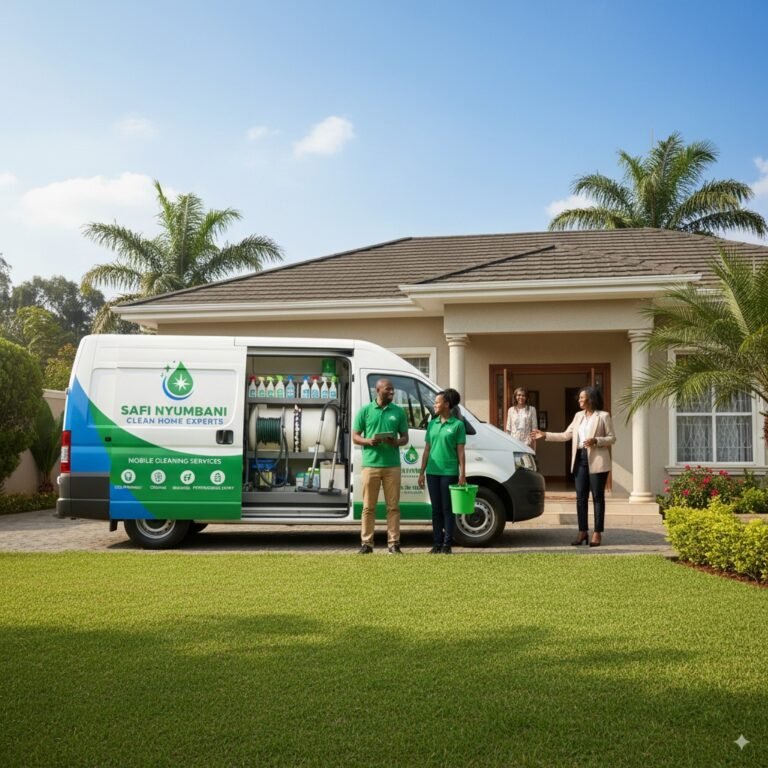How to Start a Small-Batch Yogurt Business in Kenya
Introduction
The yogurt business in Kenya is a fast-growing food venture as more Kenyans embrace healthy eating and affordable dairy alternatives. Yogurt is popular in homes, schools, supermarkets, and offices because it is nutritious, refreshing, and available in many flavors. Starting a small-batch yogurt business allows you to produce from home or a micro-dairy setup and sell directly to consumers or supply shops and eateries. With moderate startup capital and growing demand, this is a profitable hustle for entrepreneurs in both rural and urban areas.
Startup Costs 💰
The capital depends on your scale and equipment choices.
- Capital Needed: KES 10,000 – 25,000
- Key Expenses:
- Fresh milk — KES 3,000 – 6,000
- Yogurt starter culture — KES 1,000 – 2,000
- Sugar and flavorings (vanilla, strawberry, mango) — KES 1,000 – 2,000
- Cooking sufurias or pasteurizer — KES 2,000 – 5,000
- Packaging cups/bottles — KES 2,000 – 5,000
- Branding and labeling — KES 1,000 – 2,000
💡 Tip: You can start with sufurias and a jiko for heating, then scale into a pasteurizer and fridge as profits grow.
Why This Business Works ✅
- Rising Health Awareness: More Kenyans want nutritious dairy snacks.
- Daily Demand: Yogurt is consumed by children, workers, and students.
- Good Margins: A liter of milk makes 3–4 yogurt cups with high markup.
- Flexible Production: Make small batches daily to reduce waste.
- Scalable: Grow into a mini-dairy or supply supermarkets.
Step-by-Step Setup 🛠️
1. Learn the Process
- Pasteurize milk by heating to 85°C.
- Cool to 45°C and add starter culture.
- Ferment for 4–6 hours until thick.
- Add sugar and flavors.
- Package in cups or bottles.
2. Buy Fresh Milk
Source from trusted dairy farmers or suppliers for quality and consistency.
3. Package Neatly
- Use sealed cups or PET bottles.
- Include labels with flavor, ingredients, and expiry date.
4. Identify Your Market
- Households in estates.
- Schools and colleges.
- Small shops, supermarkets, and kiosks.
- Offices (staff break rooms).
5. Market Your Yogurt
- Offer free samples in estates.
- Use social media to showcase flavors.
- Partner with mama mboga for resale.
Profit Breakdown 📊
Example:
- 10 liters of milk = KES 700 (at KES 70/liter).
- Produces ~30 cups of yogurt (300ml each).
- Selling price per cup = KES 60.
- Revenue = KES 1,800.
- Profit = KES 1,100 per batch.
👉 Producing 100 cups weekly = KES 11,000 profit per month.
👉 Producing 300 cups weekly = KES 30,000+ monthly profit.
Challenges & How to Overcome Them ⚠️
- Short Shelf Life: Yogurt lasts 7–14 days.
- Solution: Produce in small batches and refrigerate.
- Licensing Requirements: Larger producers need KEBS and public health approval.
- Solution: Start small; expand officially when scaling.
- Milk Price Fluctuations: Costs may rise during shortages.
- Solution: Partner with steady suppliers or keep your own cows.
- Competition: Many yogurt brands in supermarkets.
- Solution: Focus on affordability, freshness, and unique flavors.
Tips to Grow 🚀
- Introduce unique flavors like passion, pineapple, or banana.
- Sell in family packs (1L bottles) for households.
- Partner with schools and offices for regular supply.
- Expand into smoothies and probiotic drinks.
- Brand your business with a catchy name like “FreshSip Yogurt Kenya.”
Frequently Asked Questions (FAQ) ❓
Q: How much capital do I need to start a yogurt business in Kenya?
A: With KES 10,000 – 25,000, you can buy milk, starter cultures, packaging, and basic equipment.
Q: How profitable is yogurt production?
A: Profits range from KES 1,000 – 1,500 per small batch, with monthly income of KES 30,000+ possible.
Q: Do I need special equipment?
A: Not at first. You can use sufurias and thermometers, but scaling requires a pasteurizer and fridge.
Q: Where can I sell yogurt?
A: Estates, schools, kiosks, offices, and supermarkets.
Conclusion
The small-batch yogurt business in Kenya is a practical, profitable hustle with growing demand among health-conscious consumers. With KES 10,000 – 25,000, you can make yogurt from home, package it neatly, and sell to households, shops, and institutions. By focusing on quality, neat packaging, and consistent supply, you can grow from a micro-producer into a recognized dairy brand.
👉 Explore more hustler-friendly opportunities in the Business Ideas Hub — with over 50+ small businesses you can start today.

